BEM-VINDO AO NOSSO
CENTRO DE
CONHECIMENTO
Nesta página, você encontra uma coleção de conteúdos cuidadosamente selecionados sobre regeneração ambiental, apicultura regenerativa e biotecnologia aplicada à sustentabilidade. Nossa equipe de cientistas chefes desempenhou um papel fundamental na curadoria desses materiais, garantindo informações de alta qualidade e relevância. Alguns artigos e publicações contam ainda com a colaboração direta desses especialistas, trazendo um olhar profundo e atualizado sobre os temas que movem a Carbon-Hive.
Explore, aprenda e inspire-se com conteúdos que ampliam a visão sobre práticas sustentáveis e inovadoras para regeneração dos nossos ecossistemas.
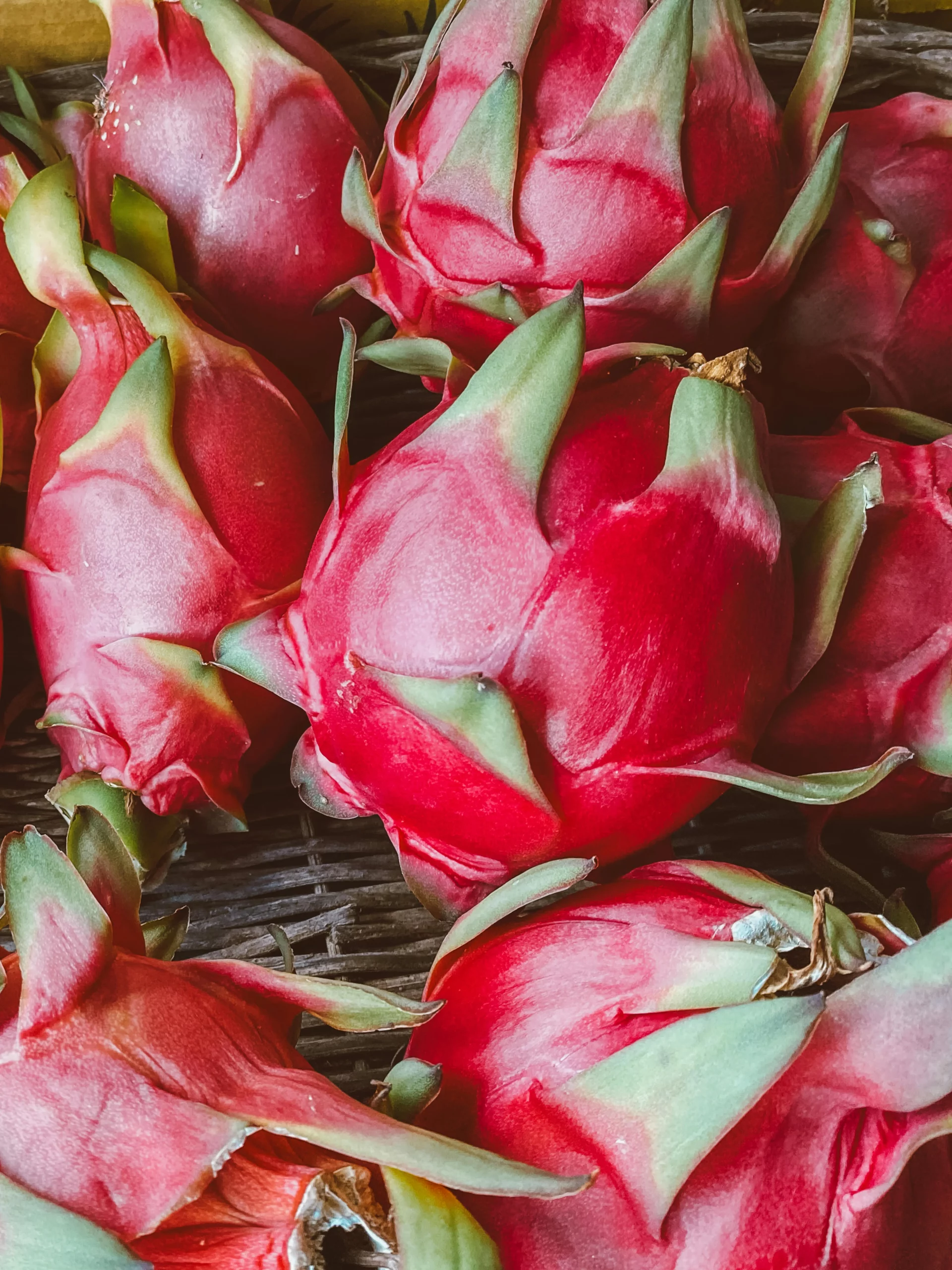

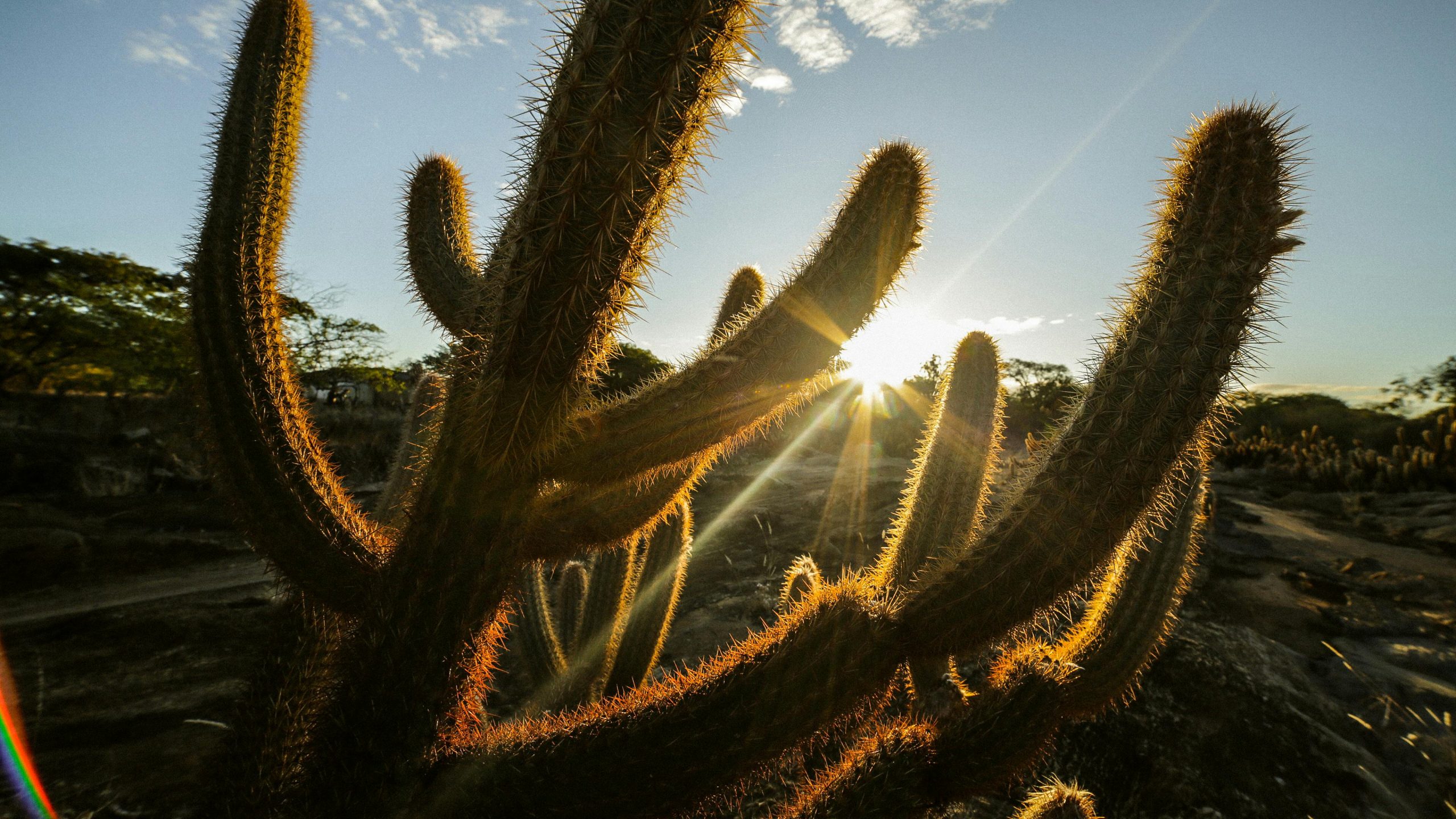
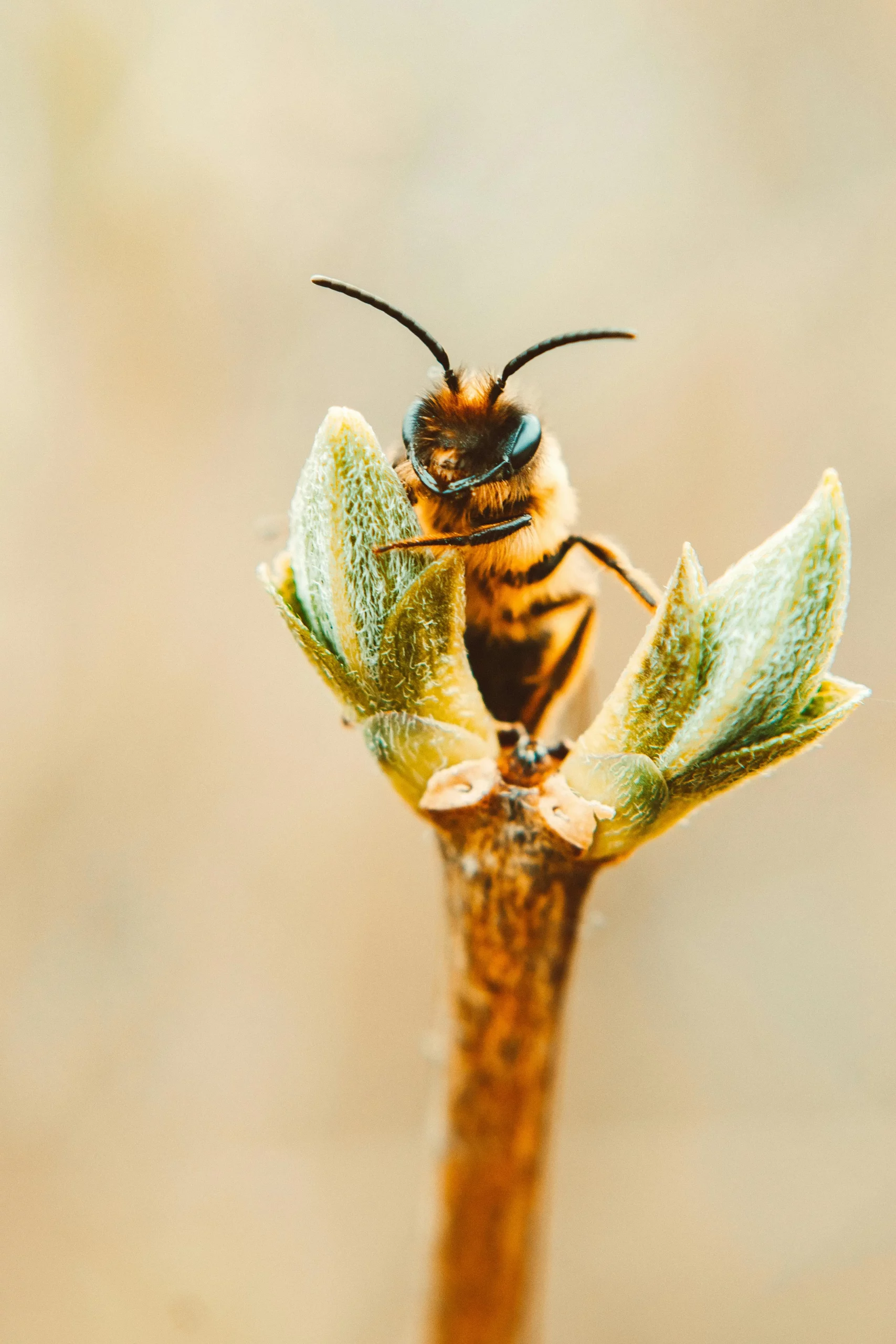
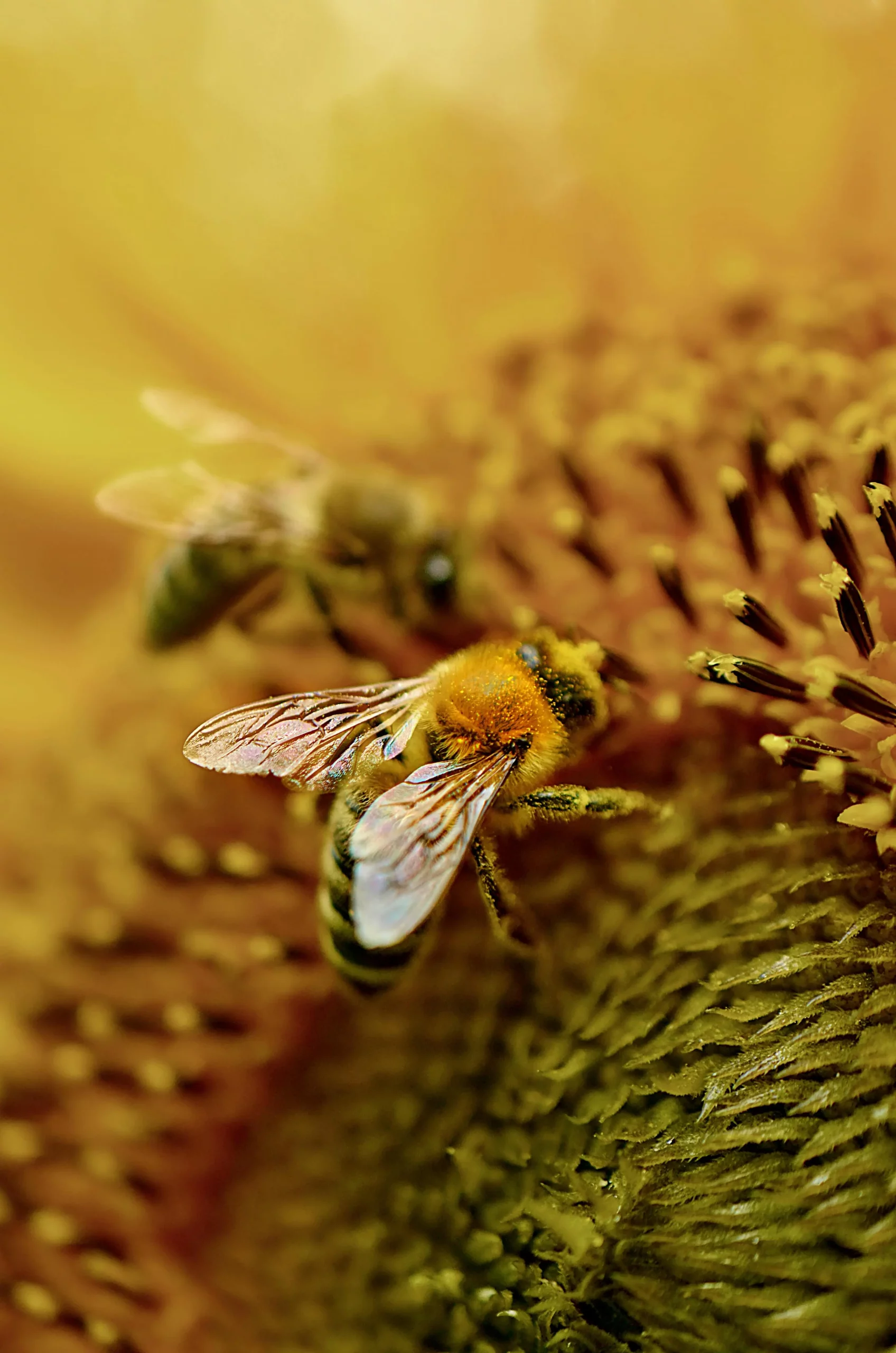
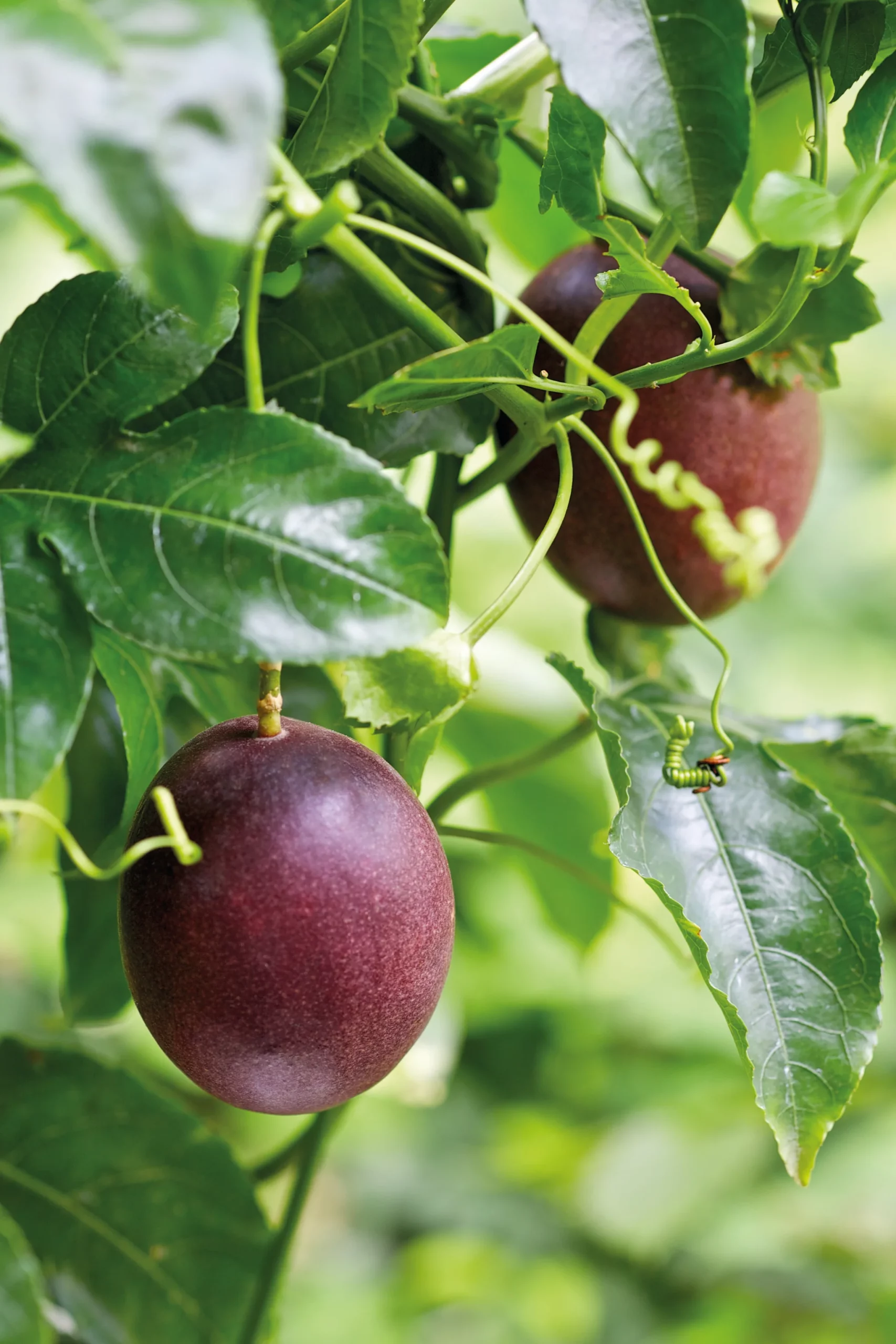

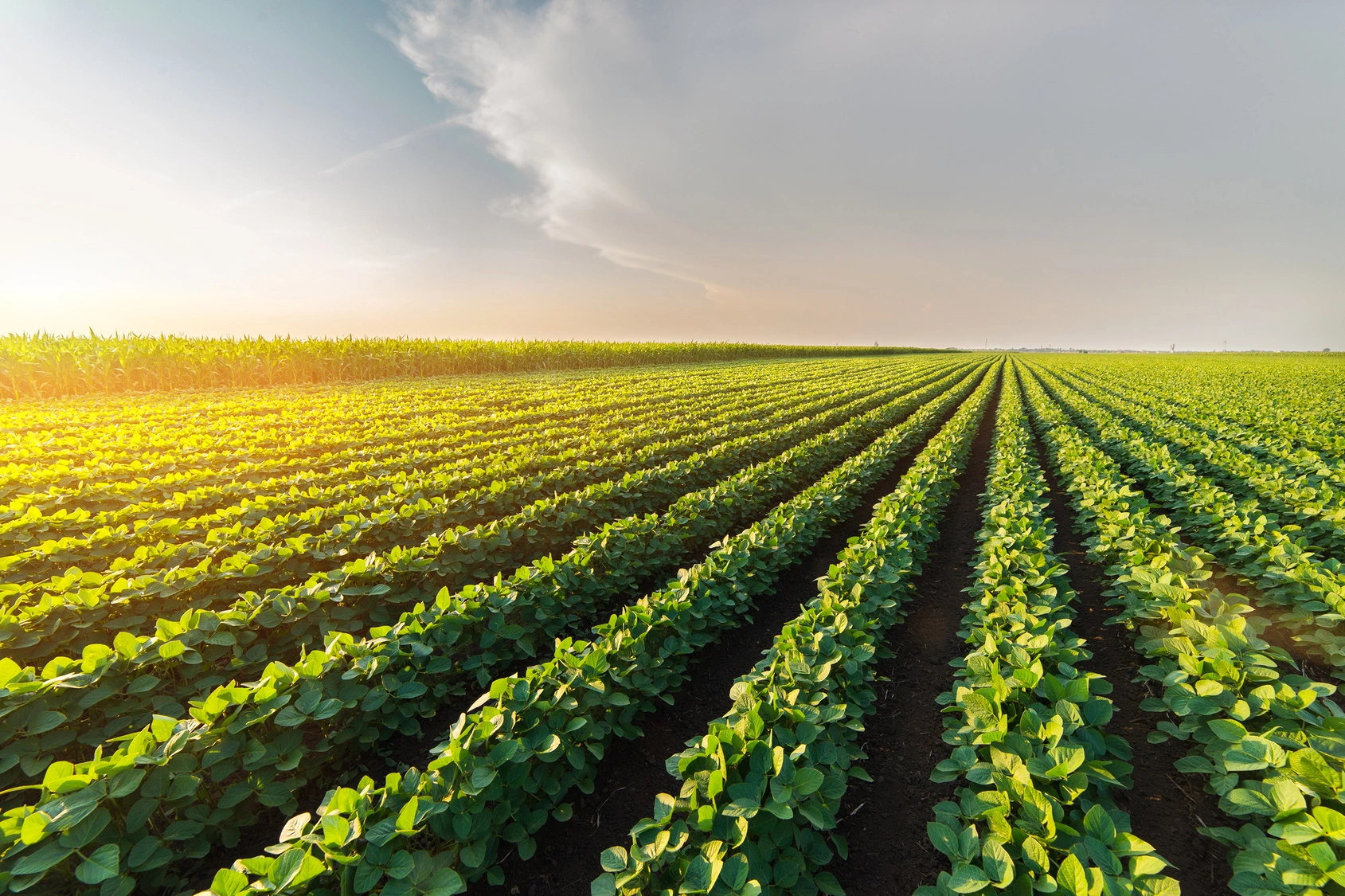
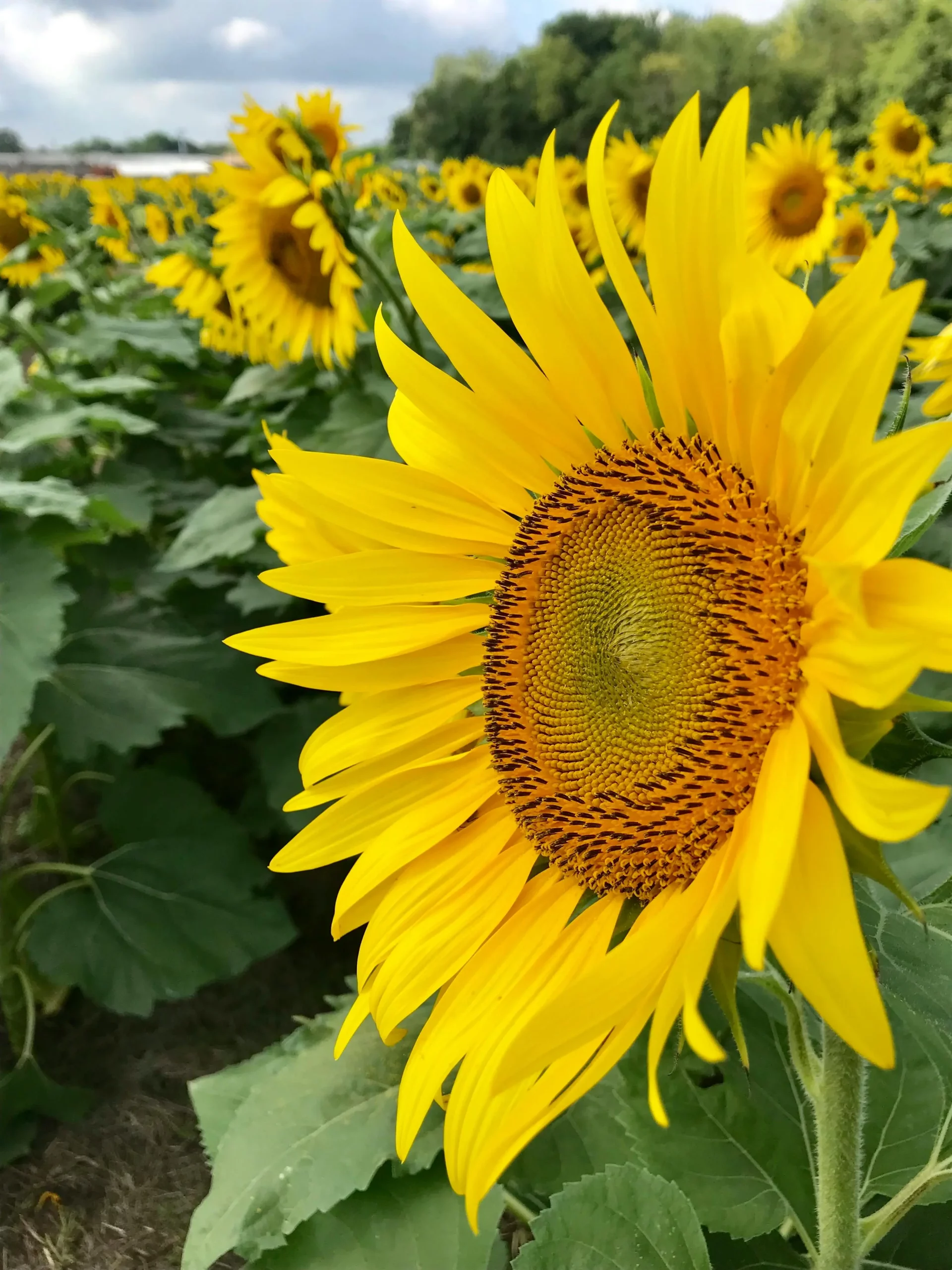

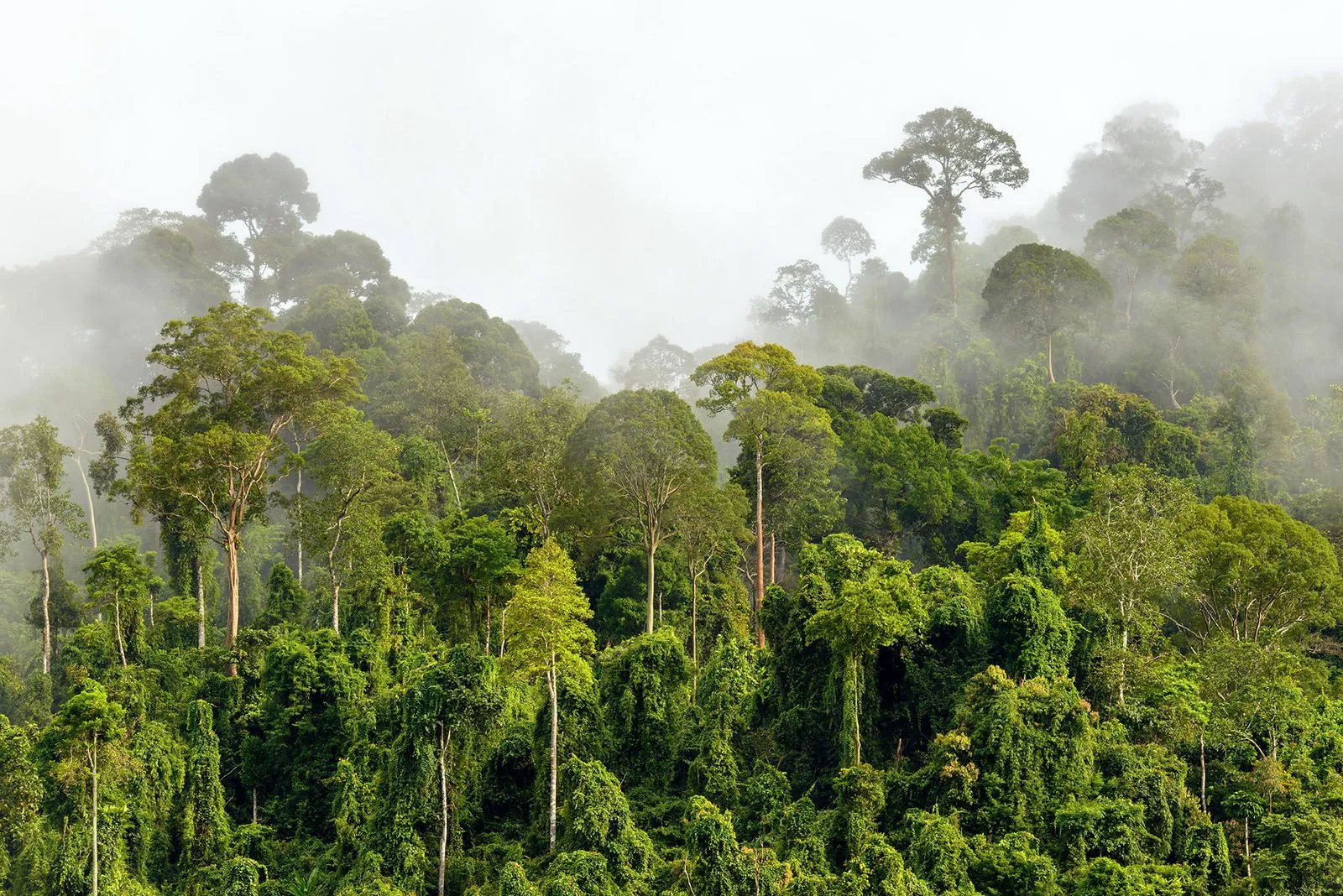
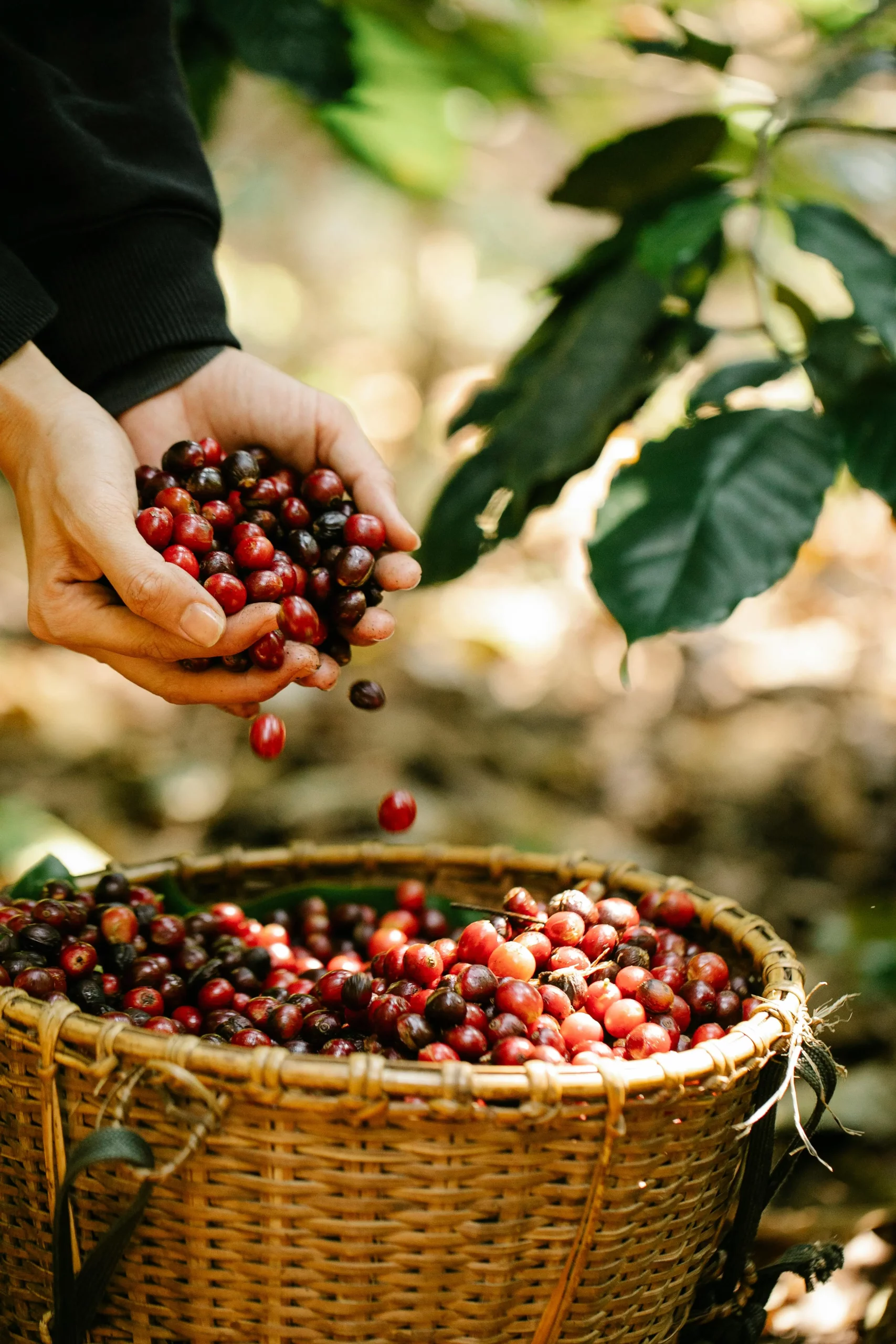
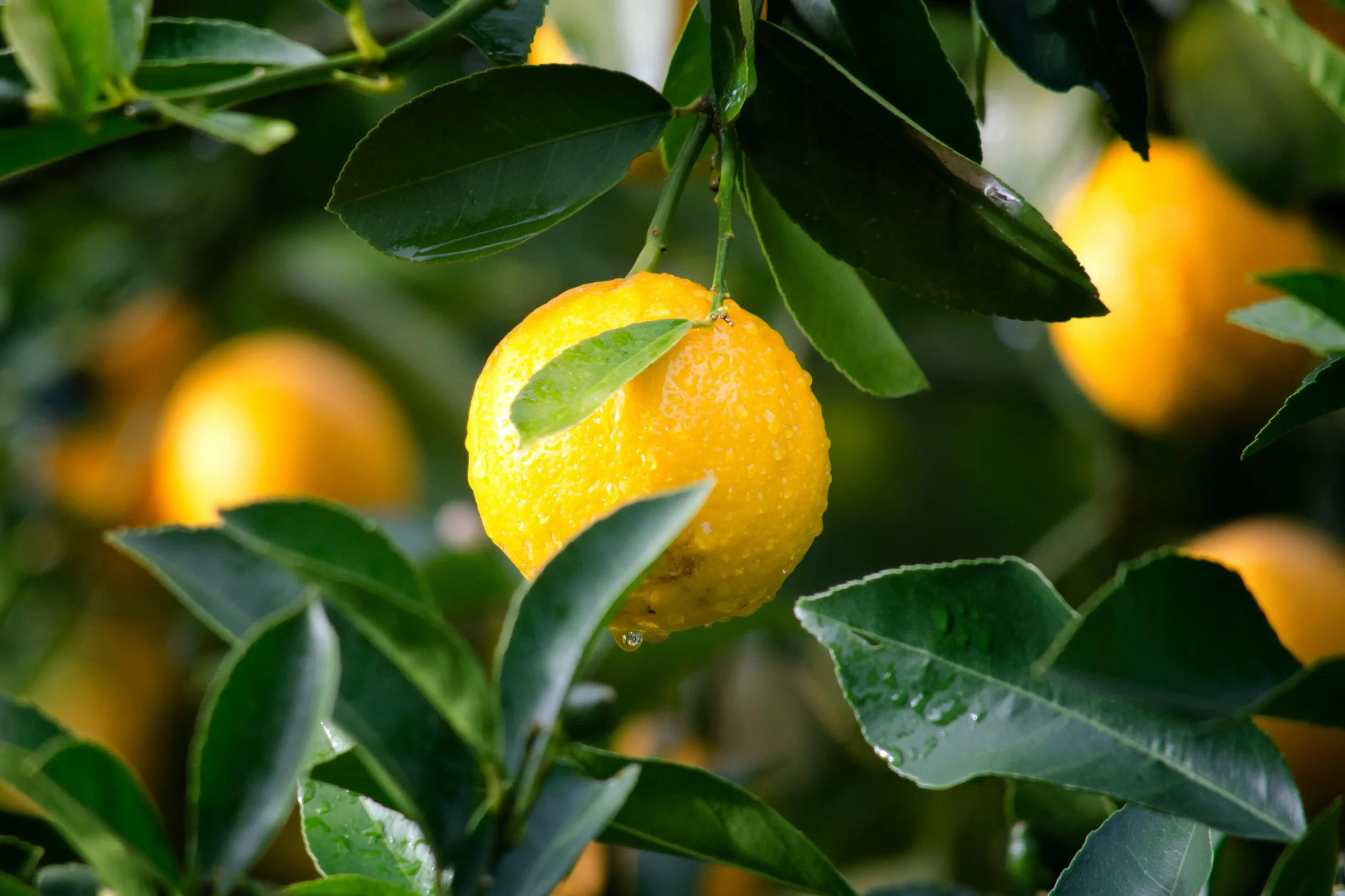
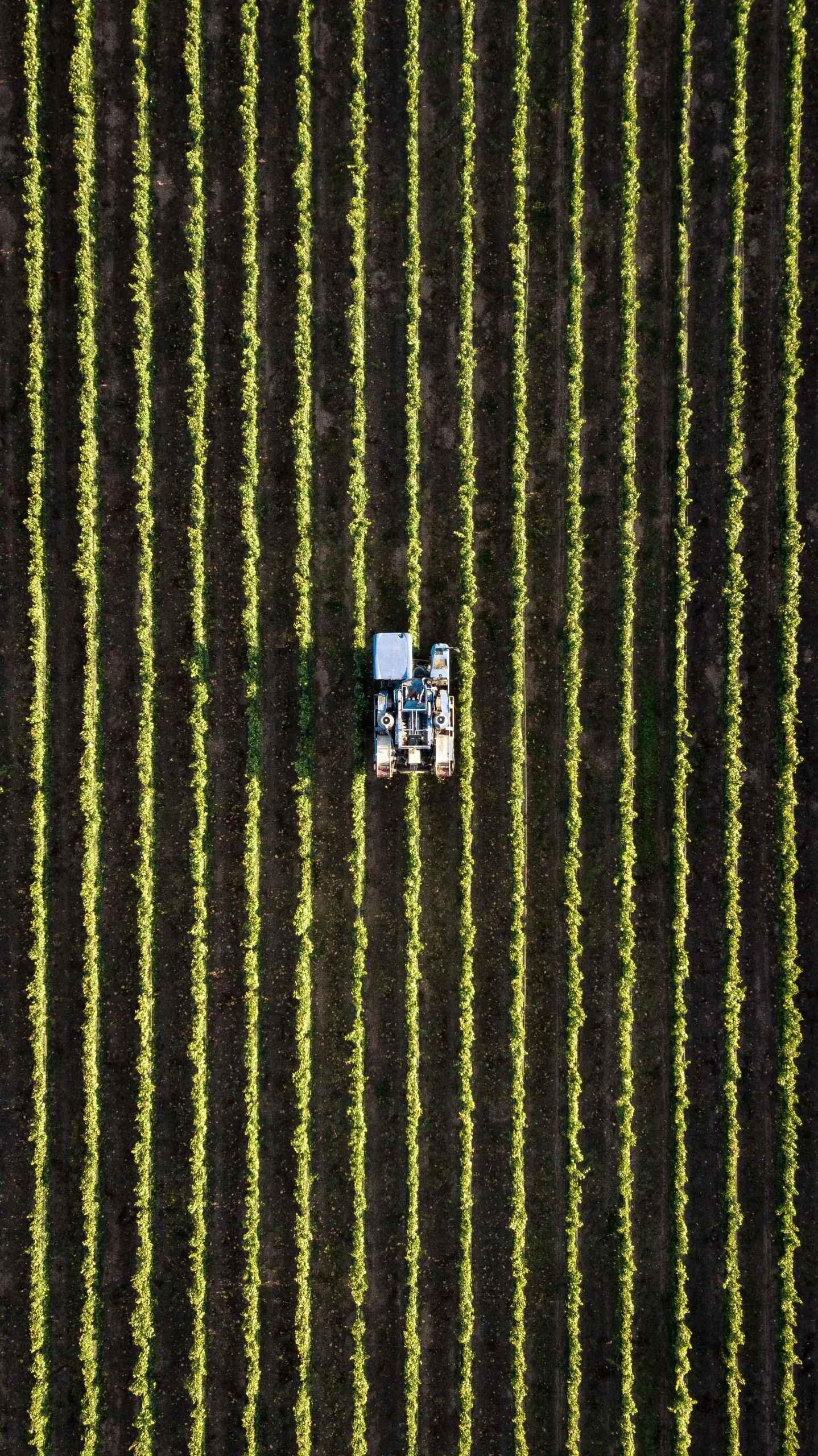
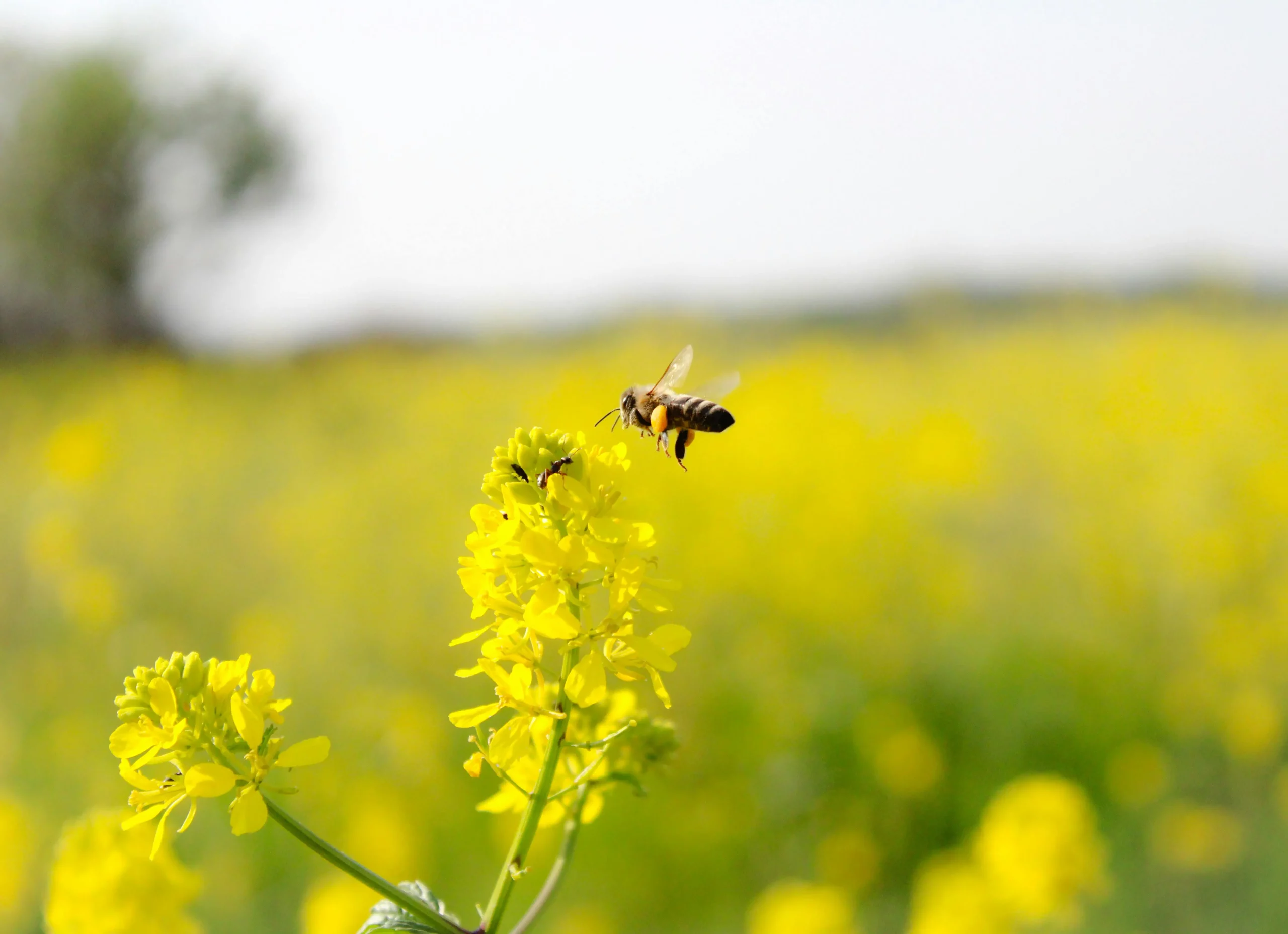
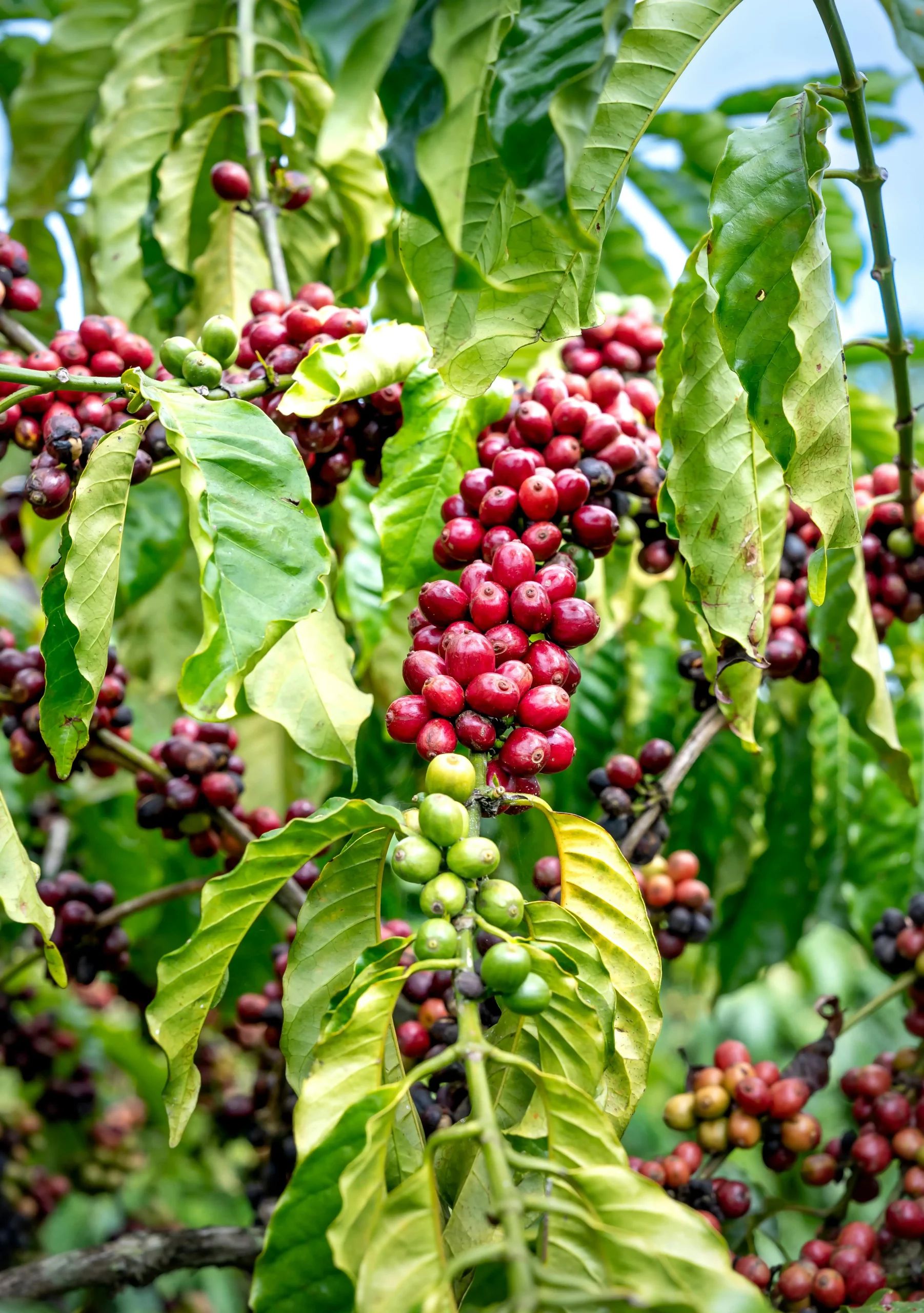
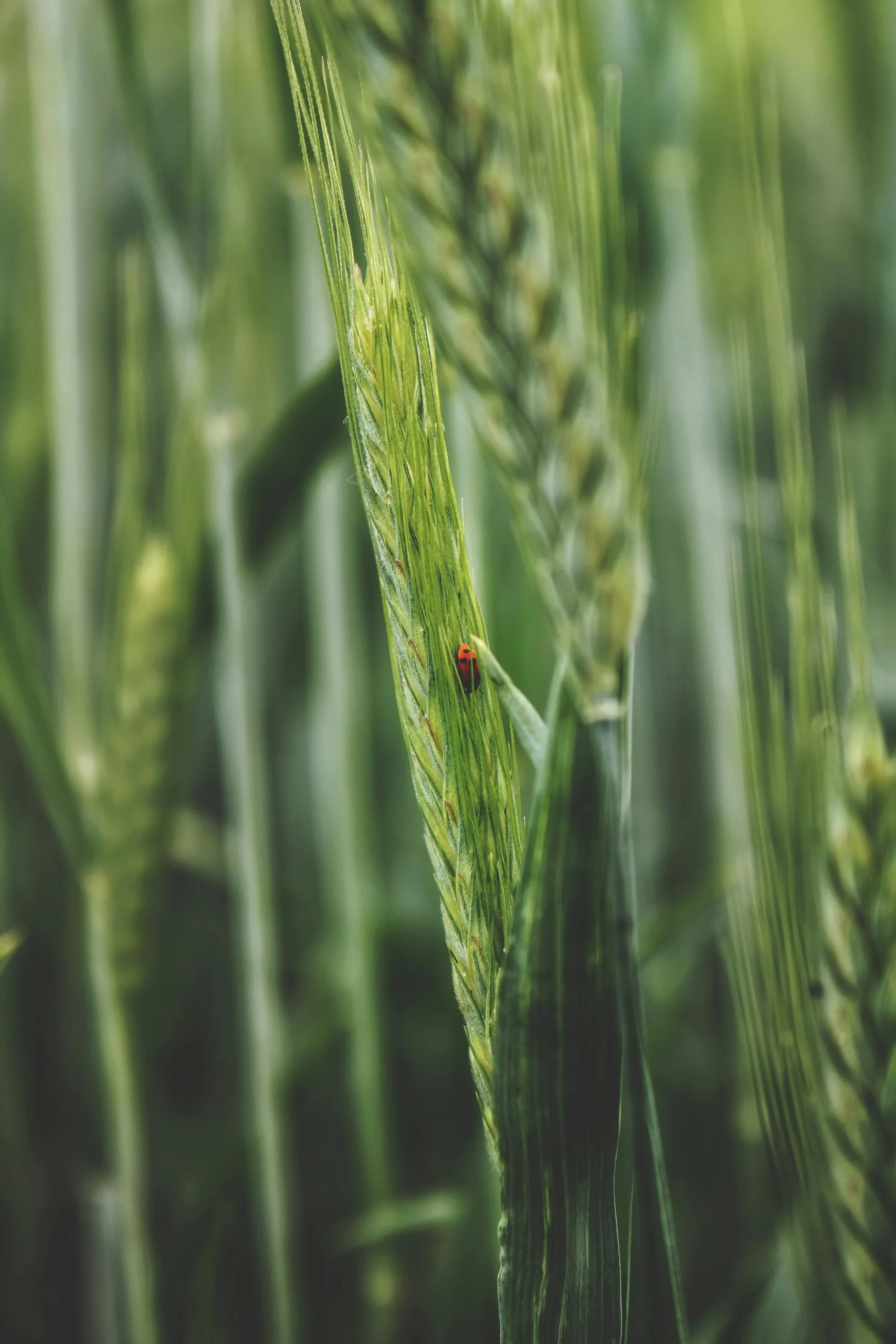
LIVRO
LIVRO